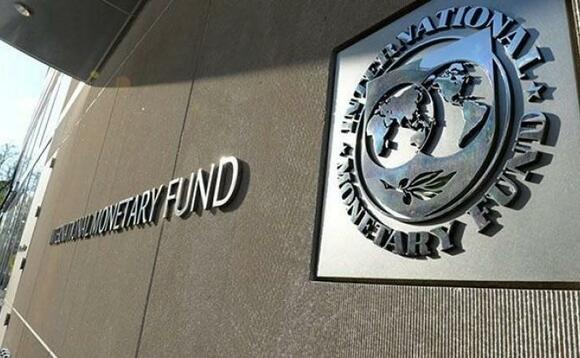The International Monetary Fund has warned that an investor run from daily-dealing open-ended funds with hard-to-sell assets in periods of market stress could threaten global financial stability.
The international body singled out less frequently traded securities such as corporate bonds, certain emerging market assets and real estate as posing the most risk in a sudden surge of significant outflows sparked by market volatility.
In a blog post, the IMF wrote on Tuesday (4 October) that in a period of heavy outflows, a "liquidity mismatch" might be a major issue for fund managers.
"Pressures from these investor runs could force funds to sell assets quickly, which would further depress valuations. That in turn would amplify the impact of the initial shock and potentially undermine the stability of the financial system," the IMF said.
"A decline in the liquidity of funds domiciled in advanced economies can have significant cross-border spillover effects and increase the return volatility of emerging market corporate bonds," it added.
An exodus of investors contributed to the failure of Neil Woodford's flagship fund in 2019. The manager had amassed significant holdings in shares that were hard to sell, and the fund crashed under the weight of withdrawal requests as worries about its performance grew.
UK property funds impose liquidity limits - reports
The IMF noted that funds holding very illiquid assets such as real estate, calibrating swing-pricing or similar tools may be difficult even in normal times, and instead suggested policies such as limiting the frequency of investor redemptions.
The warning comes amid reports that asset managers such as Schroders, Columbia Threadneedle and BlackRock had to restrict withdrawals from their institutional funds as liquidity tightens across property funds once again.
However, retail open-ended property funds have dodged the liquidity restraints imposed on their institutional counterparts, with none of the UK-focused funds planning to restrict withdrawals.
The IMF also warned that central banks should not step in to support mutual funds, as they had done during the pandemic and Global Financial Crisis.
"This is essentially the second time in ten years or so of central banks having to step in to backstop the financial system. We need to address this vulnerability so that we don't have this recurring episode where this vulnerability gets essentially unmasked by a shock," the IMF added.





